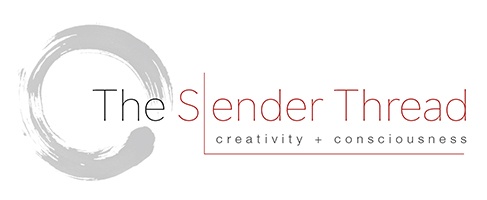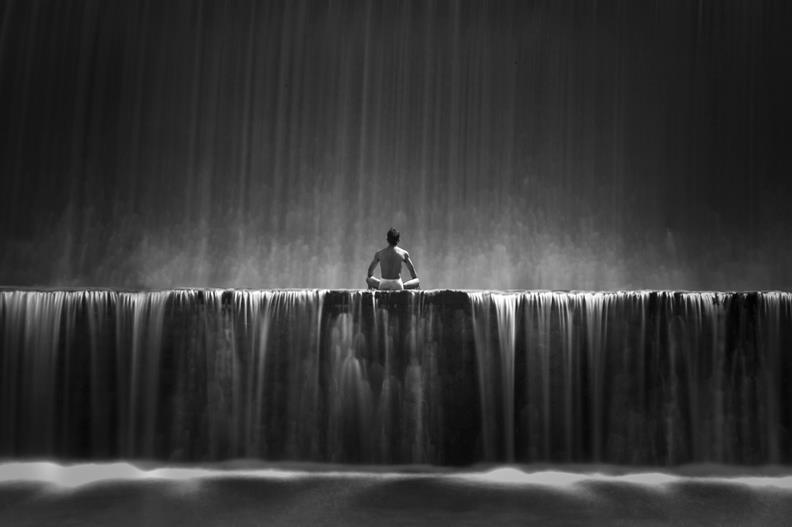:Healing our world for the children
We the people” begins the Declaration of Independence. I can think of no more relevant phrase today in response to the 27 victims of the Sandy Hook Elementary School in Newtown, Connecticut. Something unites us all: perhaps it is our common humanity, the similarity of our DNA, our inner spiritual roots. I really don’t know. But our collective body is palpable, real, and knowable as we penetrate into the depths of our being.I feel we must meditate on certain inescapable issues that surround and pierce our consciousness during this upcoming holiday season. How do we make certain, the best we can, that guns remain out of reach of those that are highly emotionally disturbed, mentally ill, or exhibiting sociopathic tendencies. This is, on one level, about gun control; it is also about ever-escalating violence in our society and about how we must strive to keep our loved ones, especially our children, safe from the wickedness and evil that regrettably suffuses the fabric of civilization—but, on another level, it is profoundly about more than that.
We are what we eat. The impressions we take in through the senses have an observable affect on our inner lives. Can we be attentive to the quality of impressions that we allow to enter our being, and ultimately pass through us, transformed into our words and deeds? We are a conduit for the passage and forces and energies. We take in through the senses impressions of the world around us — of each other, nature, ideas, and society. Out of the digestion of our impressions and experiences bloom our behavior and self-expression. Simply put, it has been said over and over again: man collects impressions and excretes behavior. If we wish to refine our behavior — including our creative expression — we must attend to what we consume, the type of perceptions and the quality of impressions we take into our psychic systems.
How can we inculcate ethical beliefs, moral choices, compassionate action, and empathy toward others? How can we transform the energy taken in through impressions into something higher, more human, more reflective of our birthright of standing between two worlds: the earthly and the divine? How can we become men and women that truly are made in the likeness of god?
Garbage in, garbage out. Attention Deficit Disorder, extreme sports, MTV, the addiction to ever increasing forms of stimulation, our constant need to be plugged-in to an unceasing stream of music and images delivered by rapidly multiplying forms of media — these are unfortunate aspects of modern life. The portrayal of massively destructive events through movies and special effects, the glorification of violence, suffering, and death in many forms of entertainment, our obsession with horror films and sickly, romantic novels, our idealization of highly competitive sports and aggressive, celebrity personalities, and many other examples—these are symptomatic of our disassociation from ourselves.
What does this desire for constant entertainment and ever-escalating titillation represent for us as a society, for our future, and for the welfare of our children? We have allowed advertising, media, and entertainment to dictate our lives, our tastes, our attitudes, and our very soul as a society. Ours is the culture of anxiety and one of rapidly diminishing hope for the future, for the possibility of a better world for ourselves and our offspring.
We are tuned-out, plugged-in, and over stimulated — all at the same time. The glazed eyes and sluggish disposition present in so many young people, the recurring phrase of ultimate cynicism and lack of caring: “whatever,” usually intoned and drawled in a manner intended for maximum jaded effect; what does this represent? The obsession with our material and social selves, the sense of meaninglessness of so many lives, the shocking rate of suicide and drug addiction among the young and disenfranchised — if we look and allow ourselves to really feel; aren’t these alarming facts? What have we lost?
Over one hundred years ago, Henry David Thoreau wrote in Walden, the now legendary phrase: most men lead lives of quiet desperation. This may be far more true today than when Thoreau voiced this concern — if he only knew how his words were to prefigure the modern age.
What kind of influences do we wish to receive from the outer world? To say — as many do — that our constant diet of violence and greed is not damaging to our psyches is counter-intuitive, and a perversion of common sense. What feeds our higher aspirations, our impulse toward personal evolution, and our sense of faith, hope, and love? And what conditions feed the “seven deadly sins” of pride, anger, greed, lust, envy, gluttony, and sloth? Which conditions are encouraged in the modern world: our transcendent nature or a changing mixed-plate special of the seven deadly sins? Watch television any night of the week; view many, if not most Hollywood films; read the newest adventure or love/romance novel . . . and then decide.
Many things in our lives cannot be chosen — at least not consciously: the conditions of our birth and upbringing, the inherent strengths or weaknesses of our bodies and minds, our fate, our innate talents and gifts, and the environment of the times. We may be able to influence some of these factors through the efforts and choices we make in our lives, but some conditions persist that we do not have the ability to change. We can, however, choose the influences we place ourselves under. On a daily basis, we decide what to eat and what to allow into our field of awareness. What people do we surround ourselves with? What do we read, listen to, and take in through the senses? What ideas are meaningful to us? What works of art and literature do we let through the gates of our senses? Who do we choose as fellow travelers on our search?
In thinking about Rilke’s phrase, the grace of great things, it becomes clear that certain influences, certain works of art and music, certain exceptional individuals, certain ideas, certain teachings — and nature itself — have the power to nourish our search for an awakened presence. And we must seek these finer and nourishing influences. Without them, we are on a steady diet of media-derived images and sounds, the weary manifestations of conditioned thoughts and emotions, and the world according to me, which is limited and incomplete.
Many of us are in pain. We experience the pain of separation from our real selves and the isolation of not being able to share what is most real in us. Who is listening? We have lost religion; it is no longer relevant. We are losing nature; it is sick and dying. We have lost meaning; it is drowned amongst the siren voices of consumer and media fantasies.
It is one of the negative side effects of living in a society that has demonized religion and transcendent meaning. The separation of church and state is integral to a democratic society, but we have had a tendency to throw the baby out with the bath water when it comes to religious and spiritual teachings in the United States. By doing so we compromise our children’s ethical education and our ability to find meaning and to experience empathy. The Dalai Lama currently seeks to influence the education of our young to include secular values such as compassion and empathy as well as an ongoing concern and responsibility for the environment.
Dr. Sharif Abdullah writes in a powerful blog post about this recent parade of male shooters: “They committed these acts because they were starved. Soul starved. Starved, not in the sense of lacking food, but in the sense of an inability to obtain the real nutrition they needed – emotional and spiritual.
They were in pain, dying inside from a lack of experience of the Transcendent. The shooters were in pain. Soul pain is real. Our culture, in its ignorance of spirit and soul, cannot recognize their pain (and society’s role in causing it). Soul pain is real and important — obviously, it is more important than life itself for those who suffer it.”
And artist Chris Jordan writes: “Yes it is about guns, but it is about so much more than guns. The rash of mass killings and angry suicides can be viewed as one of many alarming symptoms of a profoundly lost and injured male culture; tens of millions of disconnected, disillusioned, alienated male heart-minds permeated with unacknowledged anger, an unaccountable screaming rage and bristling hatred that burns so deeply we can’t even name it. We all carry it in one form or another; the weak ones snap under the weight.
Men of America, how do we find our way back home?”
If we wish to become healthy, as individuals and as a society, we must, I feel, find our way home.
A Cherokee Legend
An old Cherokee is teaching his grandson about life. “A fight is going on inside me,” he said to the boy.
“It is a terrible fight and it is between two wolves. One is evil – he is anger, envy, sorrow, regret, greed, arrogance, self-pity, guilt, resentment, inferiority, lies, false pride, superiority, and ego.” He continued, “The other is good – he is joy, peace, love, hope, serenity, humility, kindness, benevolence, empathy, generosity, truth, compassion, and faith. The same fight is going on inside you – and inside every other person, too.”
The grandson thought about it for a minute and then asked his grandfather, “Which wolf will win?”
The old Cherokee simply replied, “The one you feed.”

